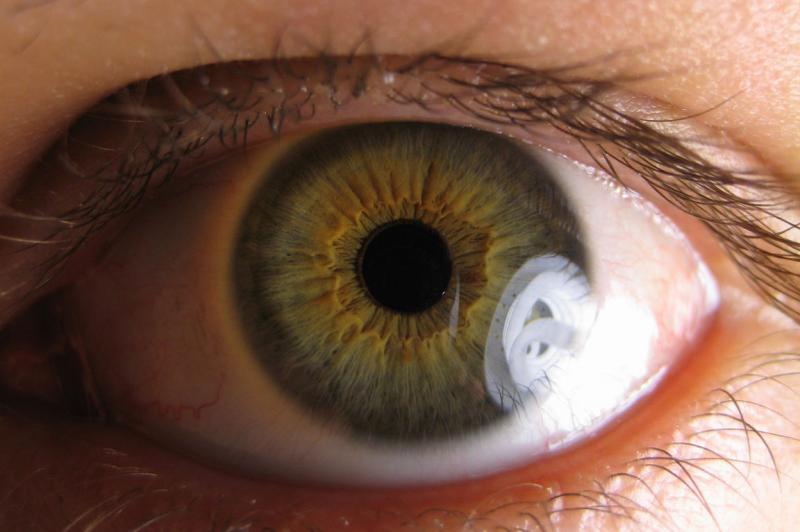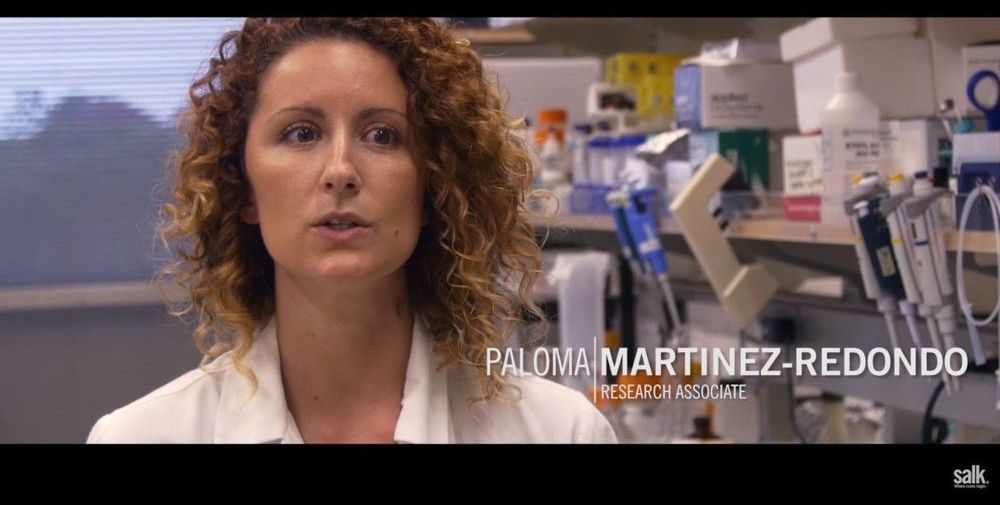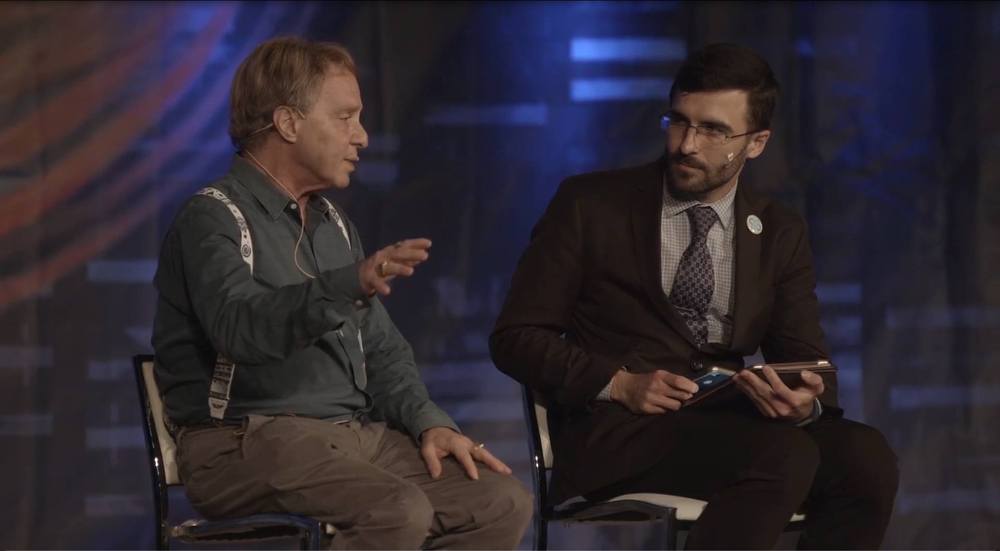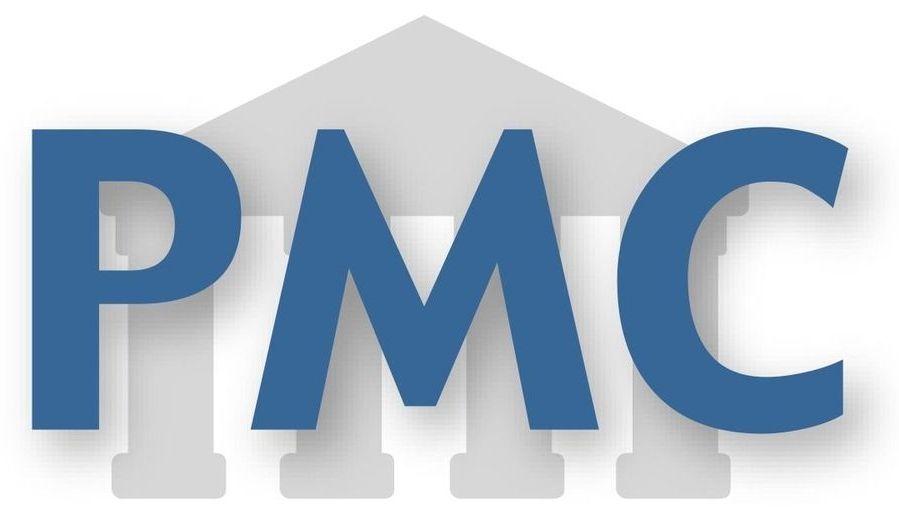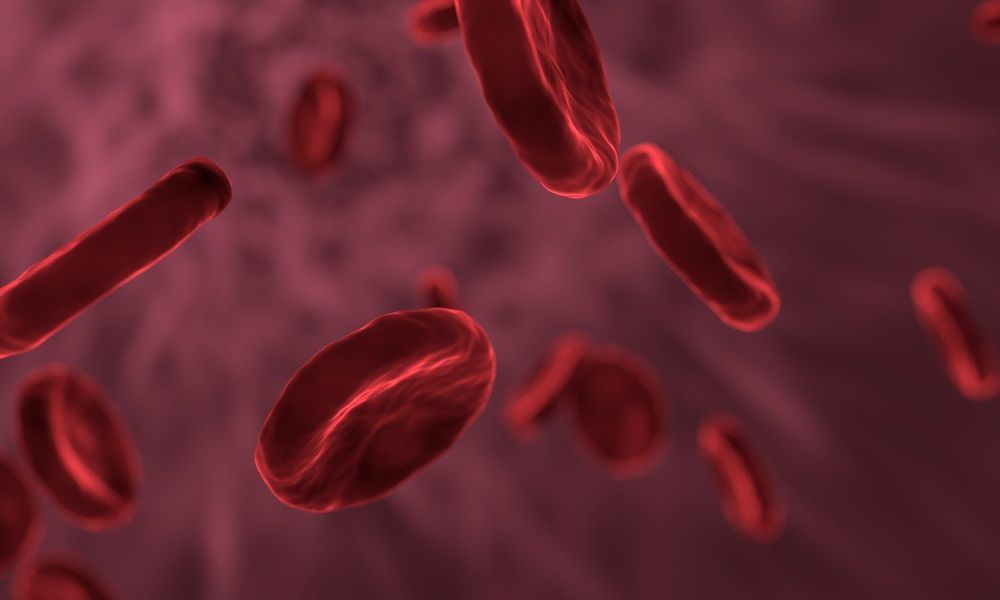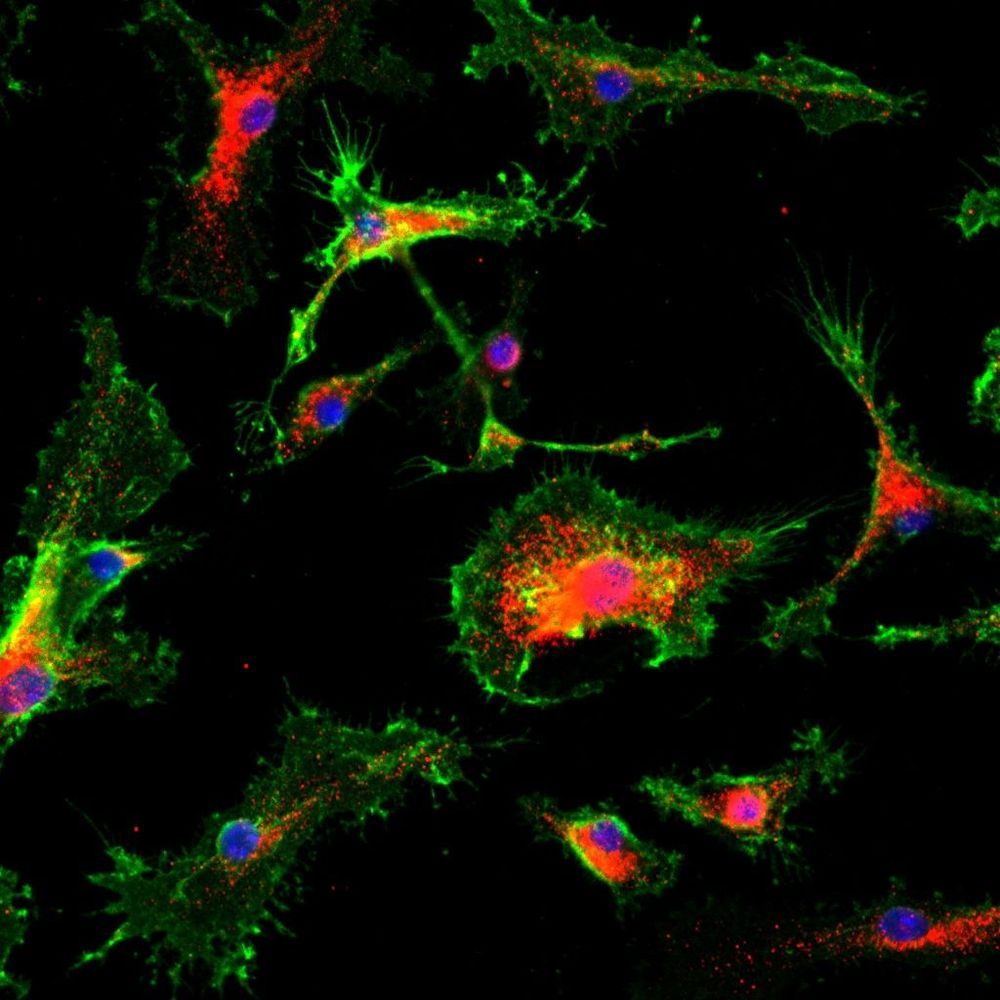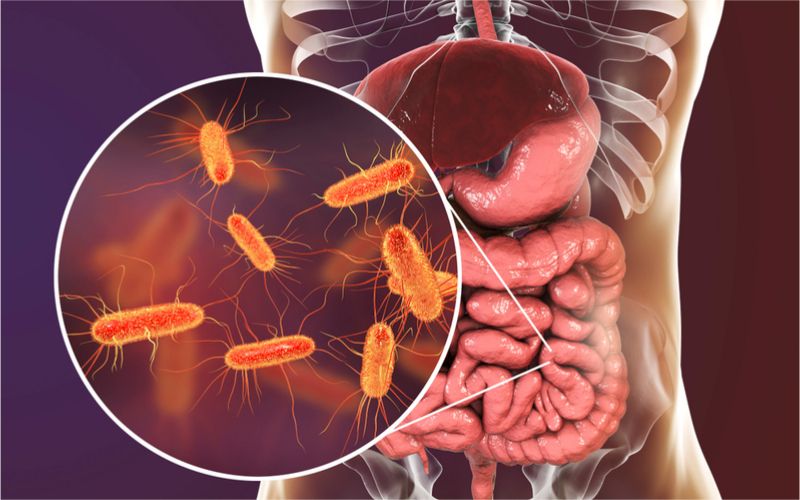“Aging is a complicated process with multiple modulations occurring at many levels, from the molecular to the cells. Ginseng, an ancient Chinese herb widely used in Eastern medicine, has been studied for its anti-aging properties., and has been shown to have beneficial effects with regards to anti-inflammation, anti-oxidation, cardiovascular regulation, neurological improvement, anti-tumor, skin protection and immune modulation. The evidence on the life-prolonging effects of ginseng remains inadequate, and further studies are recommended. Investigations integrating science and technology will be needed to further explore the effects of ginseng on the human body to fully understand its potential.” Low-tech life extension I have taken safely for decades.
Aging is an irreversible physiological process that affects all humans. Numerous theories have been proposed to regarding the process from a Western medicine perspective; however, ancient Chinese medicine practices and theories have increasingly gained attention, particularly ginseng, a grass that has been studied for the anti-aging properties of its active constituents. This review seeks to analyze current data on ginseng and its anti-aging properties. The plant species, characteristics, and active ingredients will be introduced. The main part of this review is focused on ginseng and its active components with regards to their effects on prolonging lifespan, the regulation of multiple organ systems including cardiovascular, nervous, immune, and skin, as well as the anti-oxidant and anti-inflammatory properties. The molecular mechanisms of these properties elucidated via various studies are summarized as further evidence of the anti-aging effects of ginseng.
Keywords: Ginseng, Anti-aging, pharmacology, molecular mechanism.
Aging is an inevitable biological process that leads to progressive structure modification and physiological dysfunction. According to Zhores Medvedev, there are more than 300 hypotheses of aging [1]. Many theories attempt to explain the process of aging, but none seem to be comprehensive [2]. The theory of aging can essentially be categorized into two main schools of thought as to the underlying factors: programmed factors vs. damage-related factors. Programmed factors follow a biological timetable, perhaps a continuation of the one that regulates childhood growth and development. Changes in gene expression subsequently affect the systems responsible for the responses involved in maintenance, repair and defense. Damage-related factors, on the other hand, include internal and environmental assaults to the living organism that induce cumulative damage at various levels [3].
Read more

